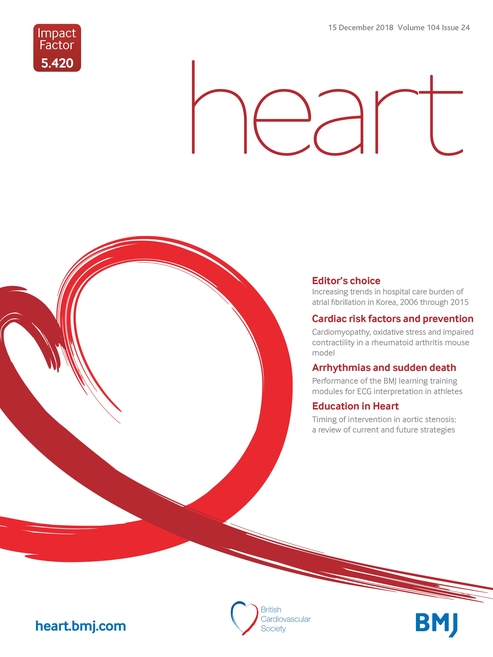Garth's Journal
Bicuspid Aortic Valve, Joined August 20, 2019
Bicuspid Aortic Valve
Joined August 20, 2019
-
 I am from: Wickliffe
I am from: Wickliffe


Bicuspid Aortic Valve, Joined August 20, 2019
Bicuspid Aortic Valve
Joined August 20, 2019





Tammy Gonzalez
Aortic Regurgitation
April 2, 2025

Tim Beary
Aortic Stenosis
April 3, 2025

Eric Tsibertzopoulos
Aortic Stenosis
April 8, 2025

Search for heart hospitals that specialize in heart valve treatment.
That being said, I recently entered into partial retirement (only work part time) as I knew that working 60-70 hours per week plus volunteer work was affecting my health negatively. I had gained pounds and lost energy.
I have successfully been on a diet and exercise program for three months now. Weight loss has been slow, though I'm close to hitting the 10 percent body weight loss level. My exercise intensity level is slowly increasing, especially with resistance training. I have made progress with aerobic exercise but I notice that I don't have nearly the stamina that I used to. My time on the treadmill can be anywhere from 45-60 minutes now 3-4 times per week, but I'm fast walking (working up a sweat) and don't feel that I can run or jog much anymore.
I sometimes wonder if the slow weight loss and inability to reach exercise intesity that I did prior to the pandemic is caused by age (I'm 64 now) or is a sign of BAVD advancement.
To complicate the issue, I just recently--for the first time in my life--had blood work come back showing that I'm slightly anemic. Both my hematocrit and hemogloblin level were slightly below the normal range. Again, not sure if this is caused by exercise or whether I should heed it as a heart valve failure early symptom.
So no "real" early warning signs, but suspicions of things that might be associated, i.e., inability to meet high intensity exercise like I used to, new onset of slight anemia.
Has anybody had this delimma before? As this group will know, understanding "when" is the right time for heart valve intervention is the big question mark. I'm not so sure I'll recognize the early warning signs when they start to develop so understand that living an active life equates to the potential for sudden death for me, but I'm not going to sit idle over this fear. Better to live the life that you have while you have it, but I'm also open to intervention if I can recognize the symptoms when they come.
To quote from a NIH study on the correlation between valve disease and anemia "In conclusion, patients with severe aortic valve stenosis and iron deficiency anemia, hospitalized for heart failure, should be screened..." Really? You have to get to the point of heart failure first? What the hells the point of all of this?
I also needed to have an iron infusion (through IV) right before my surgery (looked like a bag of puréed liver :).
My only symptom prior to surgery was feeling tired a lot.
I’m glad you found this community— the resources and people here have been indispensable to me. You’re taking some good steps to prepare by exercising and losing weight—the better shape you’re in, the faster and easier you will recover. Best wishes as you navigate this challenging road. ❤️🩹🙏🏻